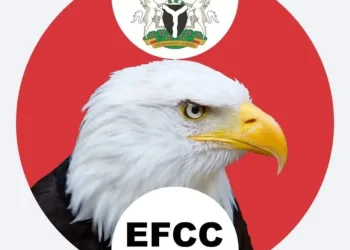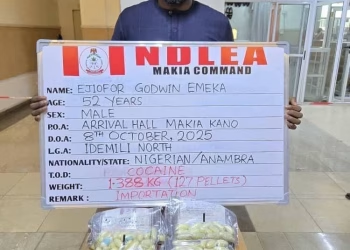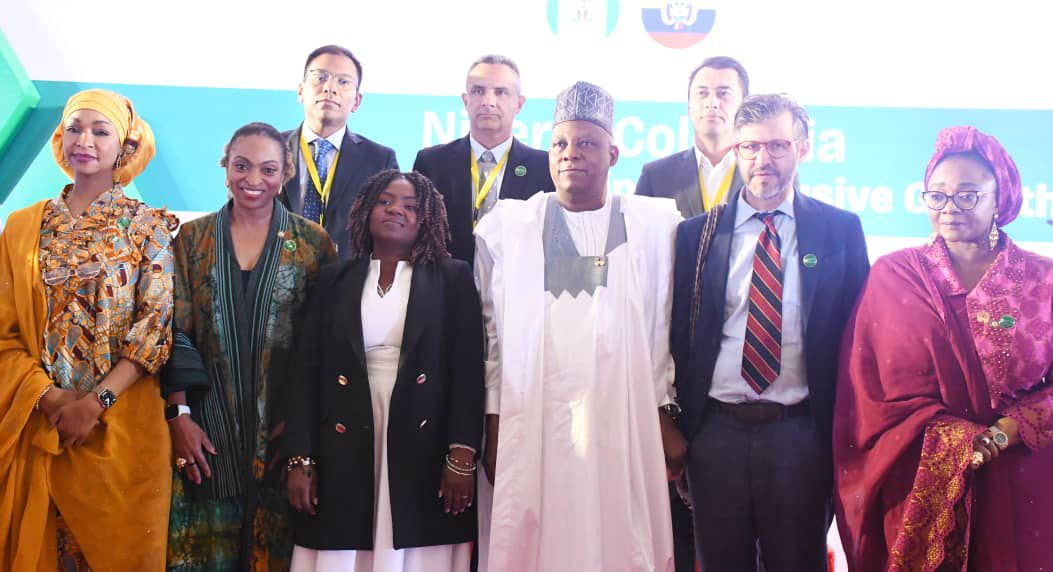A new white paper from Transparency International U.S. (“TI US”) examines links between weak governance and the financial impact of International Monetary Fund (“IMF”) loan programs. The paper makes specific recommendations on how to improve the likelihood of better fiscal outcomes for the country of new IMF loan programs.
TI US lead author Annalise Burkhart said, “The data points to clear links between corruption and sovereign debt distress. To break the cycle of debt and default in thesecountries, improving accountability appears to be the key.”
The paper urges the U.S. government to use its diplomatic influence at the IMF to promote anti-corruption provisions as a priority in new loan agreements. Burkhart explained, “The U.S. is the IMF’s largest investor and has a unique role to play. Working with on-the-ground experts and advocates in recipient countries, the U.S. can help promote needed and lasting reforms that build sustainable economies ultimately benefiting the lives of everyday citizens.”
The paper details how in 2003, IMF staff took the position that government accountability and transparency fell outside of the Fund’s core mission, but the IMF has since evolved to recognize that these governance issues are critical to the success of a loan program. The IMF can address these issues, through, for example, Governance Diagnostics — in-depth assessments of corruption risks and governance vulnerabilities across core state functions, with concrete, time-bound policy recommendations tailored to each country.
Several examples in which corruption has been widely seen as a leading factor in a country’s sovereign debt crisis were detailed in case studies from Sri Lanka, Zambia, Lebanon and El Salvador.TI US Executive Director Gary Kalman, a contributor to the paper, explained corruption’s impact on lending programs this way: “When aid money is lost to corruption it is a tragic loss of opportunity, but stolen loan funds compound the tragedy by creating an onerous debt burden for generations to come.”
To address the problem, the paper calls on the U.S. representatives to the IMF to push for binding reforms. Among the top recommendations are:
- Ensuring that governments receiving loans make specific, measurable, and time bound commitments as part of the loan agreements, with consequences for noncompliance;
- Producing more governance diagnostics as part of loan programs, urging governments to agree to the exercise. Incorporate the recommendations of the diagnostics as commitments;
- Engaging in-country civil society organizations (CSOs) and local experts at the outset and throughout loan programs; and,
- Public reporting on the progress of implementing the governance commitments that governments make as part of the loan agreements.
TI US is part of the world’s largest coalition against corruption. In collaboration with national chapters in more than 100 countries, through research, policy development, and advocacy











